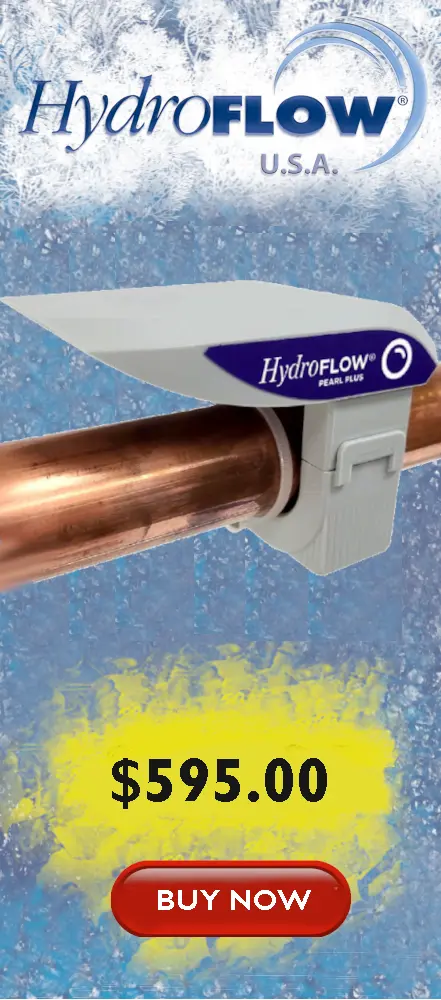South Dakota
Water Quality in the State of South Dakota
South Dakota, is a state with sprawling prairies, fertile farmland, glacial lakes, ranchlands and the famous Mount Rushmore, which is located in Black Hills National Forest. South Dakota ranks 17th in size among the 50 states and has one of the smallest populations in the nation. South Dakota water supply comes from surface water, such as the Missouri River, and groundwater.
South Dakota Water Hardness by City
Water in South Dakota is considered very hard. The average water hardness for the South Dakota resident is around 285 PPM. The city with the hardest water in Aberdeen, at 380 PPM. The city with the softest water is Rapid City with 207 PPM. Sioux Falls, the most populated city in South Dakota has water that is 257 PPM, which is considered hard according to the USGS water hardness page.
For more information on water hardness in specific cities, please see the table below.
How hard is my water?
PPM = Parts Per Million
mg/L = Milligrams Per Liter
gpg = Grains Per Gallon
Agriculture, Farming and Water Hardness
Agriculture is the largest industry in South Dakota. It has 30.2 million acres dedicated to farmland alone. South Dakota’s top five agricultural products are cattle and calves, corn for grain, soybeans, wheat and hogs.
South Dakota's water source for agriculture and farming is surface water and groundwater, which is rich in calcium (the primary source of water hardness). Many farms and food processing plants experience issues related to scale buildup in their irrigators, production and processing equipment. In addition, contaminants polluting soil and waterways have increased greatly over the past few decades and there is a greater need for waste and chemical control. Many farmers are looking for eco-friendly solutions that can increase the quality and yield of their crops while saving water. Read more about how HydroFLOW can increase crop yield.
Solutions to your Water Quality Problems
Fixing your water quality issues in the state of South Dakota will depend on your specific water source. It is best to test your potable water supply in order to get a better understanding of your water quality. Testing is relatively cheap. The test results will allow you to understand if your potable water has issues that need to be addressed. Common solutions to water contamination problems may include a water filtration system, a reverse osmosis system or other whole home water treatment solutions.
A problem that almost all South Dakota residents will have to deal with is hard water. One old-fashioned, inefficient, expensive and unhealthy method to treat hard water is with a salt-based water softener. Most people don’t realize that if you’re using a water softener you are basically removing calcium and magnesium from your drinking water and adding salt to your diet. In addition, many states are banning the use of salt-based water softeners.
Alternative water treatment solutions such as “water conditioners” have been gaining popularity in recent years because they are cheap to operate and the best eco-friendly solution for hard water. Hydropath technology, which powers the HydroFLOW water conditioners is by far the most efficient and cost-effective eco-friendly solution to deal with hard water problems. To learn more about how HydroFLOW solves the problems created by hard water, please check out our technology page. You might want to read this blog that explains the difference between water conditioners and water softeners: Water Conditioner vs. Water Softener Blog.


